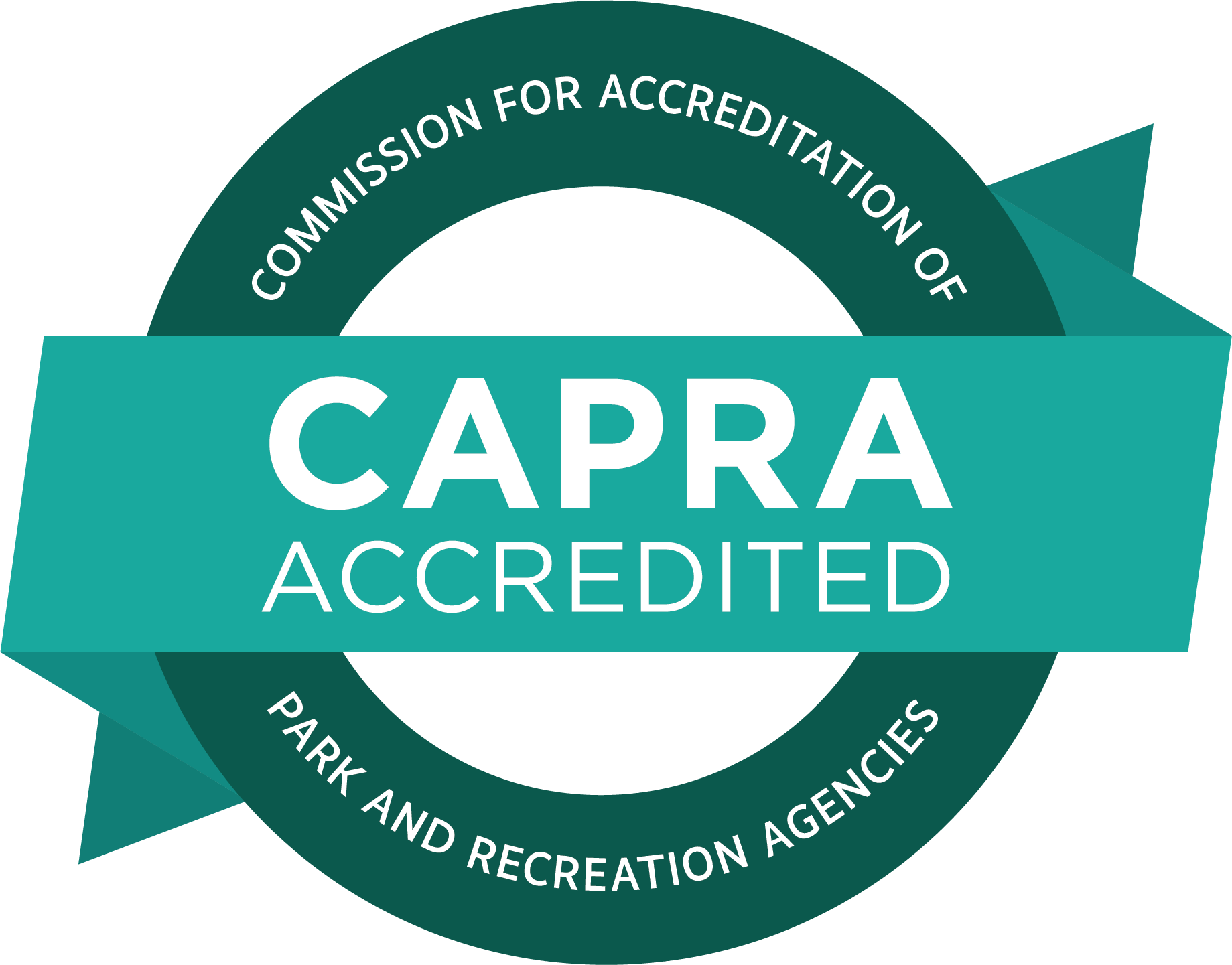 Bee City USA® was launched in 2012 with the goal of promoting healthy, sustainable habitats for bees and other pollinators, responsible for the reproduction of nearly 90% of the world’s flowering plant species and one in every three bites of food we eat.
Bee City USA® was launched in 2012 with the goal of promoting healthy, sustainable habitats for bees and other pollinators, responsible for the reproduction of nearly 90% of the world’s flowering plant species and one in every three bites of food we eat.
In 2022, Roanoke City Council voted to adopt a resolution proclaiming Roanoke as a BEE CITY USA®.
Roanoke’s goal in joining Bee City USA® is to promote, protect and provide support for our pollinators, nature’s essential helpers. This is done by providing healthy habitats, free of pesticides; using native plants, education, hosting community events and encouraging community participation.
Thinking globally and acting locally, Bee City USA® provides a framework for communities to work together to conserve native pollinators by increasing the abundance of native plants, providing nest sites, and reducing the use of pesticides.
Bee City USA® affiliates make commitments to conserve native pollinators, laid out in a resolution adopted by the local city council. City staff and community members work together to carry out these commitments and make their city a better place for pollinators. Incorporated cities, towns, counties, and communities across the United States are invited to make these commitments and become Bee City USA affiliates®.
Pollinator-friendly communities can benefit local and regional economies through healthier ecosystems, increased vegetable and fruit crop yields, and increased demand for pollinator-friendly plant materials from local growers.
 Ideal pollinator-friendly habitat:
Ideal pollinator-friendly habitat:
- Is comprised of mostly native wildflowers, grasses, vines, shrubs, and trees blooming in succession throughout the growing season to provide diverse and abundant nectar and pollen, since many wild pollinators prefer or depend on the native plants with which they co-adapted.
- Is free to nearly free of pesticides, as many pesticides can harm pollinators and/or their habitat.
- Comprises undisturbed spaces (leaf and brush piles, unmown fields or field margins, fallen trees and other dead wood) for nesting and overwintering.
- Provides connectivity between habitat areas to support pollinator movement and resilience
Native Plant Guide
This guide showcases the attractive variety of plants native to the Southwest Virginia region which includes the counties of Bland, Botetourt, Buchanan, Carroll, Craig, Dickenson, Floyd, Giles, Grayson, Lee, Montgomery, Pulaski, Roanoke, Russell, Scott, Smyth, Tazewell, Washington, Wise, and Wythe as well as the cities of Bristol, Galax, Norton, Radford, Roanoke, and Salem.
Pickup your FREE copy of the guide at the Mill Mountain Discovery Center
This regional native plant guide was produced as part of a Commonwealth-wide native plant marketing effort, Plant Virginia Natives Initiative. For more information about this or another campaign please visit www.plantvirginianatives.org.
In Partnership






